The claim comes as the firm said the the UK will have to spend at least £350bn on renewing and expanding its transport infrastructure over the next two decades to ensure maximum economic growth.
Kevin Sneader, UK managing partner at McKinsey, said: “Contrary to the prevailing economic gloom, we judge the prospects for long-term economic growth to be strong–provided that bold action is taken to remove key barriers.
“We believe that it is critical to move on from today’s necessary focus on the UK’s short-term fiscal position.”
The McKinsey plan represents a 45% increase on the average spent between 2000 and 2009 just as public spending is being slashed.
The consultants said without changes to the management of transport projects and charges imposed on the users of the transport network, total investment would be £100bn less than the minimum required.
But it said that half of that could be saved if road and railway construction were better managed.
The report states: “Our research estimates that almost £50 billion of the shortfall can be delivered by improving the efficiency of construction.
“Our experience working with infrastructure owners around the world suggests that materials expenditure can almost certainly be reduced by 12-14% while front line labour can often be reduced by around 20%.”
McKinsey said the remaining £50bn would have to come from extra charges for road and rail users.”
One civil engineer told the Enquirer: “It’s good to hear someone saying we need to invest in transport but a bit rich to be lectured about cost-cutting by people who cost so much to point out the obvious.”





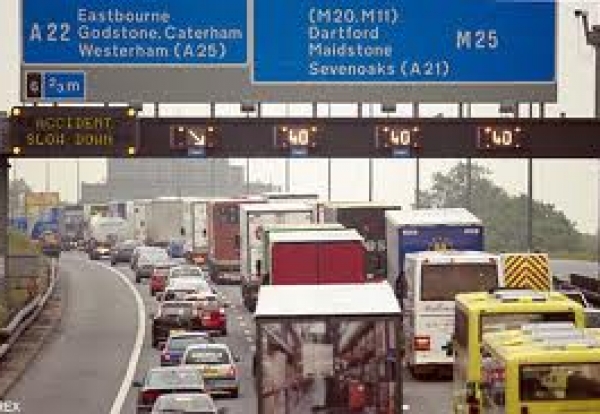



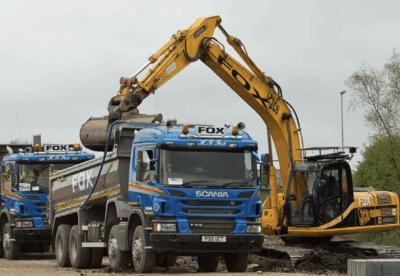
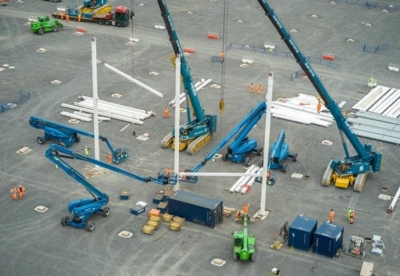


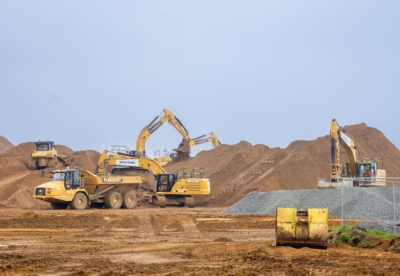
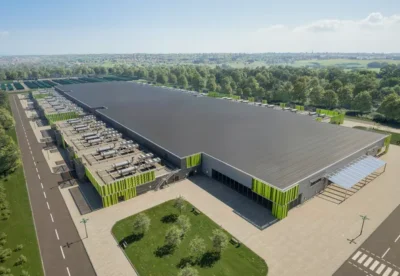

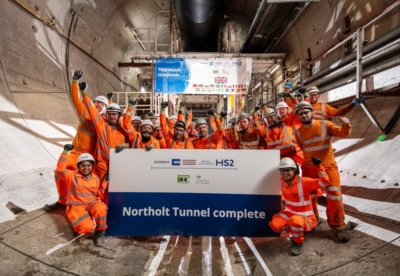

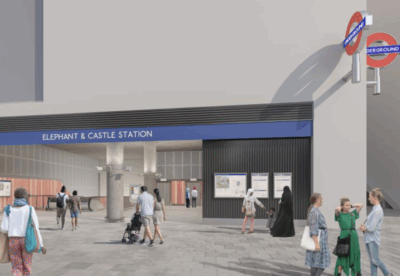

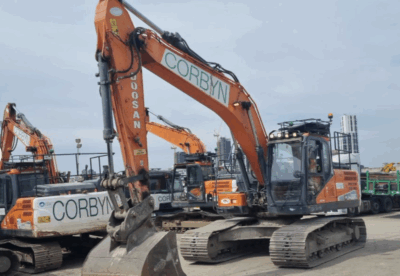

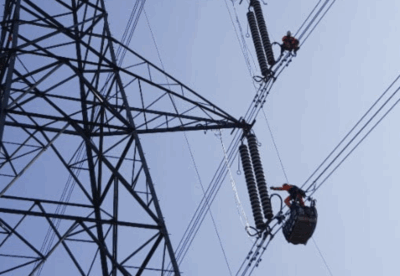


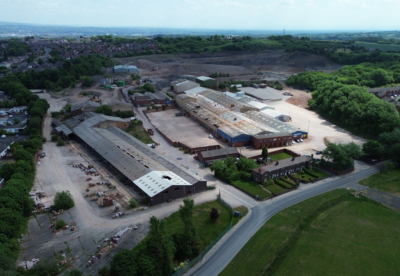
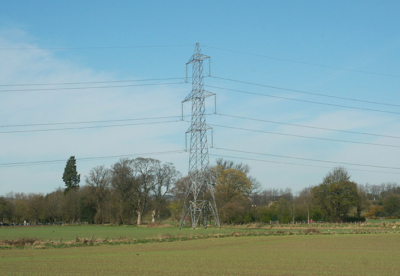

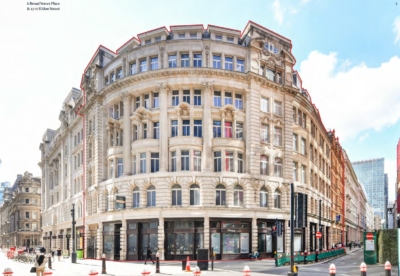



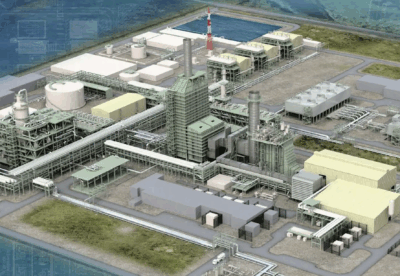
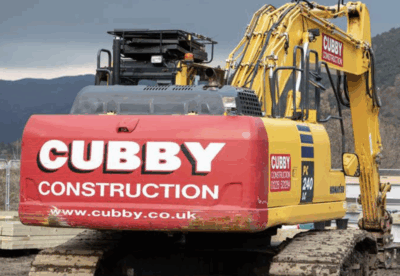
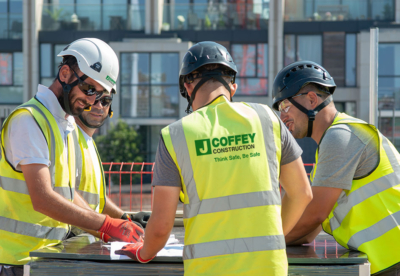



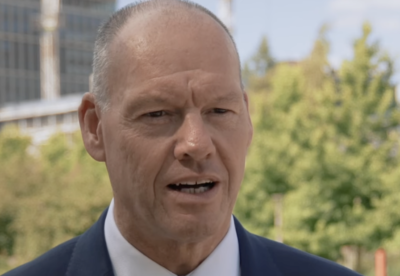


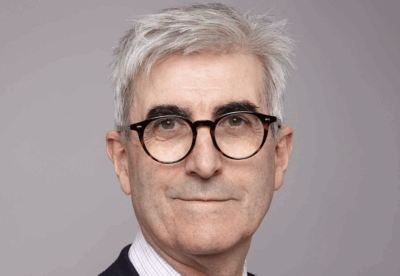
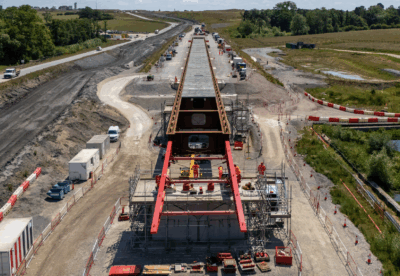

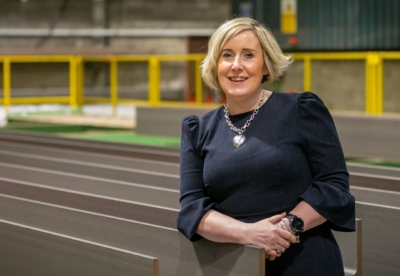









 (300 x 250 px) (2).png)

